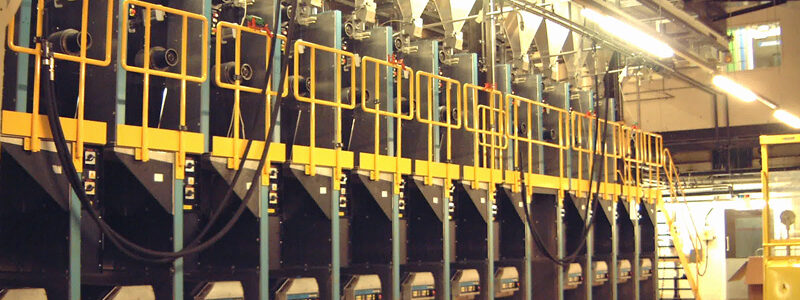While the world continues to struggle with thin future employment prospects, the world of power generation in the UK is looking brighter every day (pun definitely intended).
Here’s a piece from The Telegraph detailing bleak job prospects for 2012, especially for young people, as corporations refuse to hire new staff.
There are many changes through regulations, requirements, and demand that are lining up to transcend the potential of energy production that had been imagined only a few short years ago. Countless people from around the country and around the world had been demanding that society take a closer look at the way it produces energy and find alternative solutions that could be more cost effective and, perhaps more importantly, safer for the environment and the consumer public at large.
The Catalyst That Changes Everything
Yet few individuals are truly willing to make changes when it comes to energy production until there is a breaking point. What has been good enough for a while will continue to be good enough. Then, suddenly, the global economy takes a hit, falters, and reels into a recession that it continues to struggle to climb out from under to this day. Energy, more specifically electricity, is one of those ‘luxuries’ that most of us have taken for granted for far too long.
Now we have to take a long, hard look at how we produce the electricity, how to transmit it effectively to a growing population, and how to do so with an ever-increasing demand for that energy.
Have a read of this article, also from The Telegraph, detailing how energy from swimming fish could be captured and fed into the national grid in order to power homes in the UK.
Welcome to the World of Engineering
This becomes the pivotal moment where engineering becomes crucial. For far too long the general public has either been taught that engineers are a luxury or individuals who are not worth nearly as much as they claim to be. Yet now society is beginning to realize the importance of engineers to make preparations, design plans for the future of energy production and transmission, and do so with that growing demand for power.
The energy production industry is seeking engineering minds that have the desire to work hard, be innovative, to think outside the box, and are willing to dive into the world of energy production. The industry leaders are not as concerned with experience within the field as they are with the transferable skills that each engineer would possess. The growing field of nuclear generation is merely one example of where these vital engineering minds are required.
Here’s a piece in The Engineer that discusses the bright future of Careers in the Energy Industry in more detail.
Wind turbines, most of which are housed offshore, are another example. Solar energy is yet another example of the sectors within energy production where the right engineers can put their experience and desire to make a difference to work in the world of energy for millions of consumers. With a wide open future, anything is possible.



Recent Comments